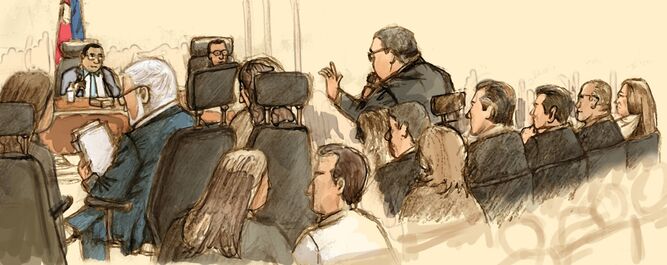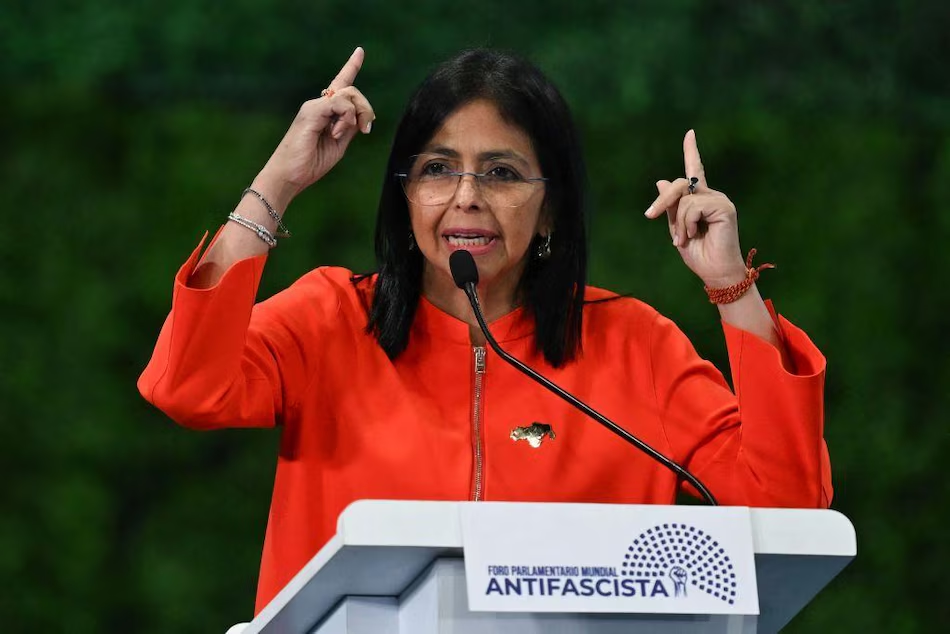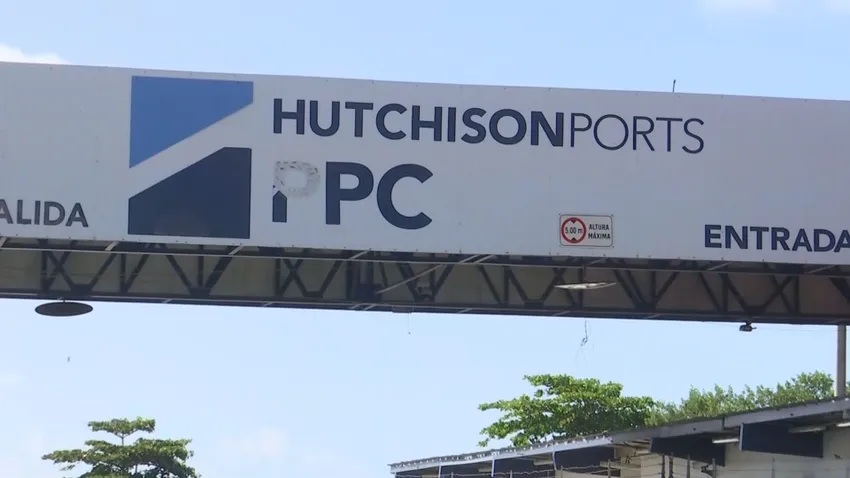Justice and Panama ex-president on trial

The TRIAL of former president Ricardo Martinelli alleged to have conducted illegal wiretapping and surveillance of over 150 Panamanians, including politician, judges, journalists, and businessmen has lasted four and a half months during which 40 witnesses appeared.
The prosecution has asked for a 21-year jail sentence for the man who has a dozen other corruption cases involving him and his family waiting in the wings, but as La Prensa writes in a Friday editorial, the already fragile justice system is also on trial Two of the three judges worked in the Martinelli administration. How they will rule will be announced later in the day. Either way there will strong and long-lasting reactions.
An unprecedented trial in the recent history of our country comes to an end. Ricardo Martinelli must face the trial court that is being followed for crimes against human rights and peculation. Dozens of Panamanian citizens await justice after the flagrant invasion of their privacy, a right protected even by our Constitution.
The tests of the interception of mails, telephones, and follow-up operations have been overwhelming.
Three judges have in their hands the little prestige that remains for the Judicial Branch. It is entirely up to them that we have hope or lose it completely.
And we Panamanians have witnessed, throughout this trial, an unscrupulous and systematic abuse of the judicial system. The defendant challenged and mocked the system again and again with allegations of mostly non-existent diseases, among other dilatory actions. Aided by his expensive team of lawyers, he unnecessarily extended a process that should have been expedited, guaranteeing respect for his right to defense.
We were witnesses of judges who, in the best of cases, acted timidly before this huge battery of legal remedies presented by the defense, with the purpose of prolonging the trial to avoid reaching this stage, in which the weight of the accumulation of evidence provided against him.
Despite being the most important trial of the last decades, the Judicial Branch took it lightly. The Supreme Court resigned from the jurisdiction of the case and passed it to the ordinary courts. Then he appointed in the trial court a judge who was junior of the defendant and who along with two other interim magistrates must decide the case. We all hope that they will detach themselves from their past ties for the sake of justice.
In conclusion, if there is anything to note about this trial, no doubt, they are the abuses: Abuses against the judicial system; abuses in media campaigns perpetrated from the media owned by the former president [America, Critica]; abuses against prosecutors who brought the case forward; abuses against people who made value judgments about the process or against the accused; Abuses against media and journalists covering the case. This, not counting the abuse committed against at least 150 Panamanian citizens, who saw their privacy invaded and, in some cases, publicly exposed.
What is decided in this trial not only concerns the accusations, but also those abuses. As Cardinal José Luis Lacunza already announced, the Panamanian justice has come to put on its long pants. And there are only two paths: justice or impunity. Whatever thir decision, the names of the judges will go down in history. And only they – and no one else – will decide how they want to be remembered. That will be their inheritance.





